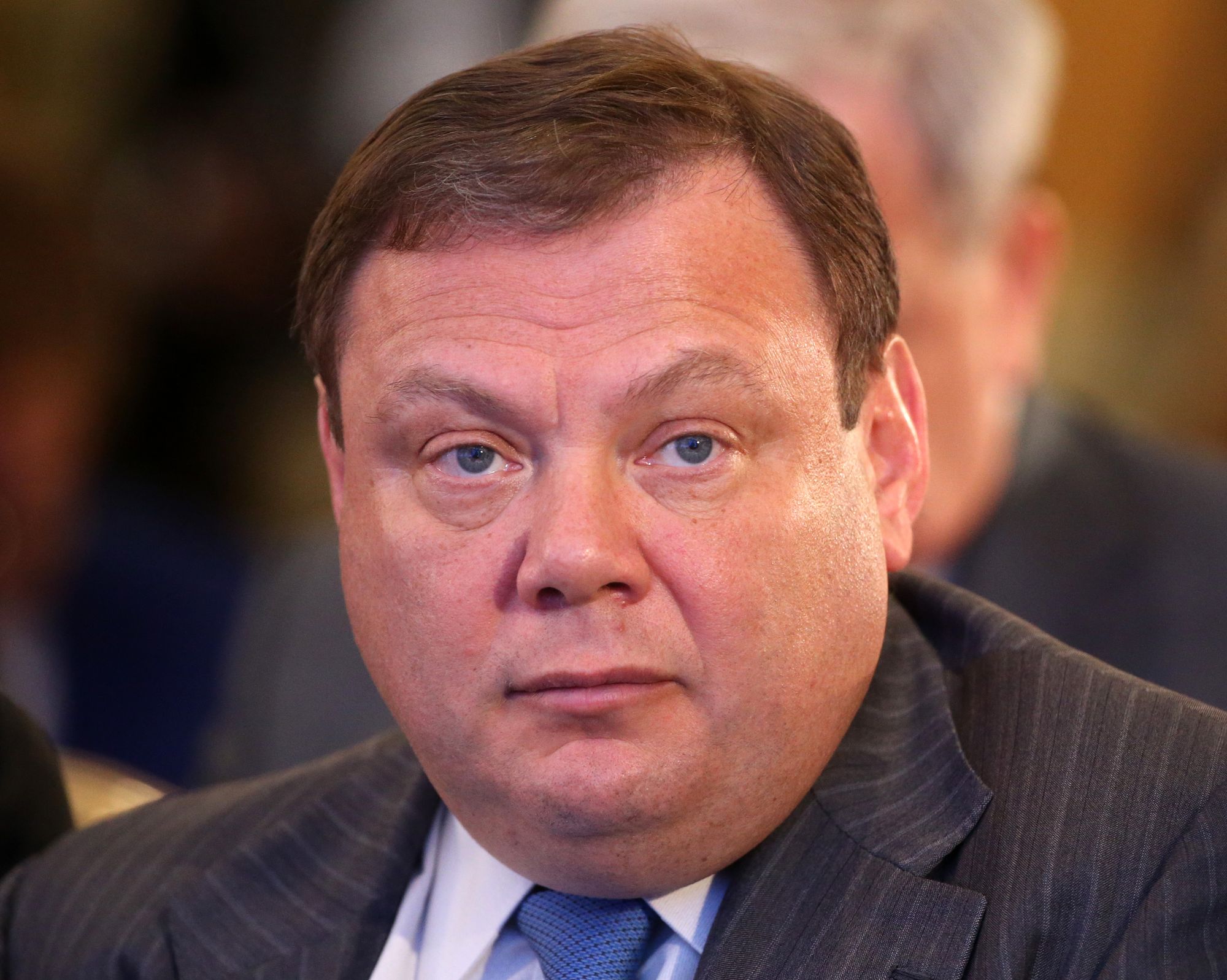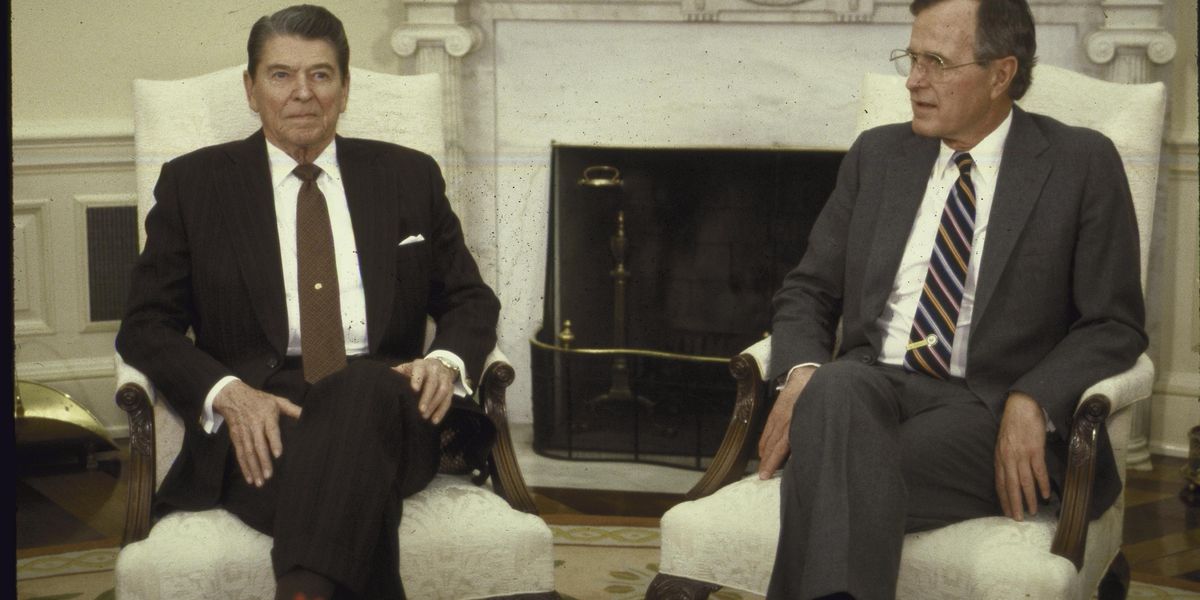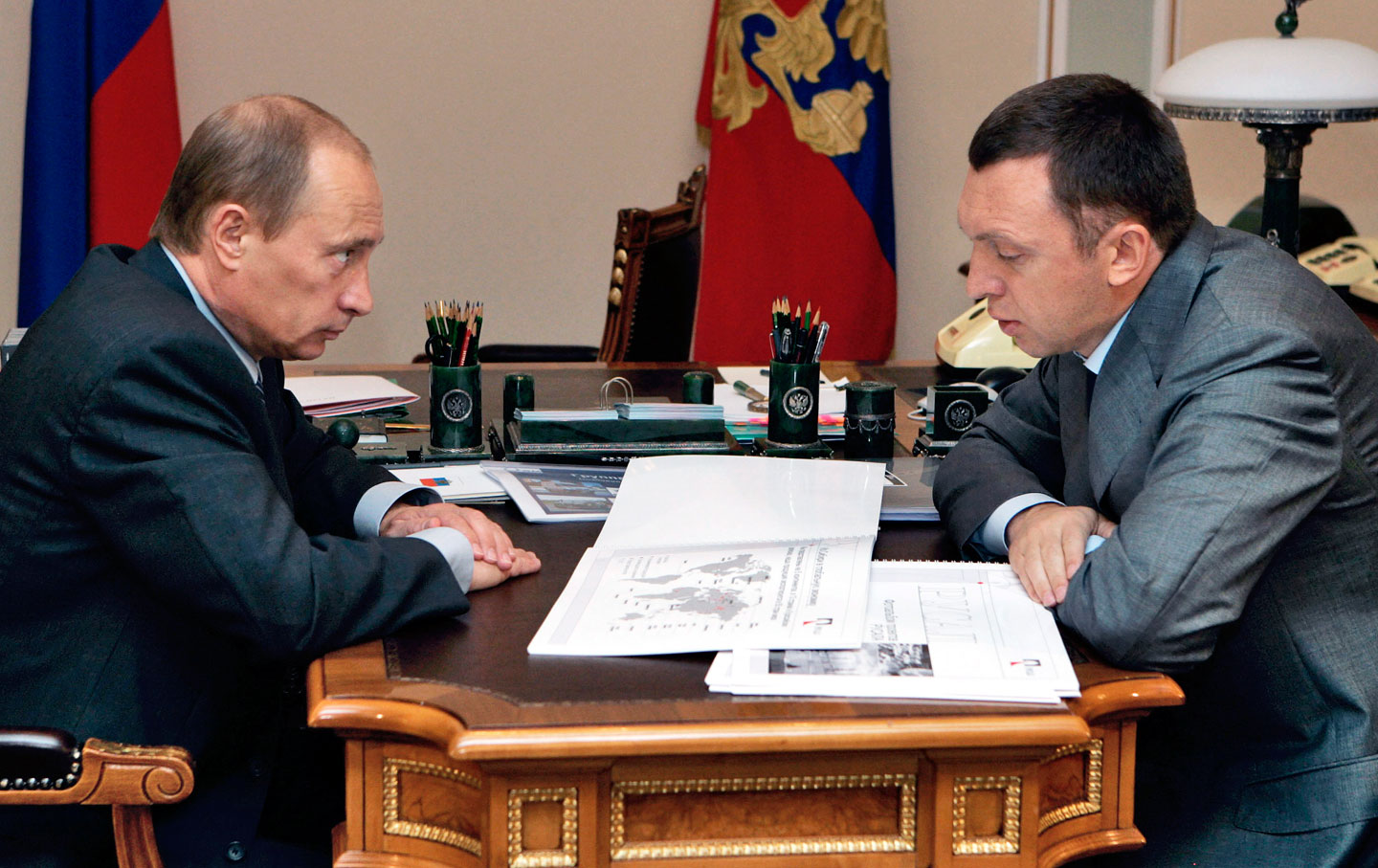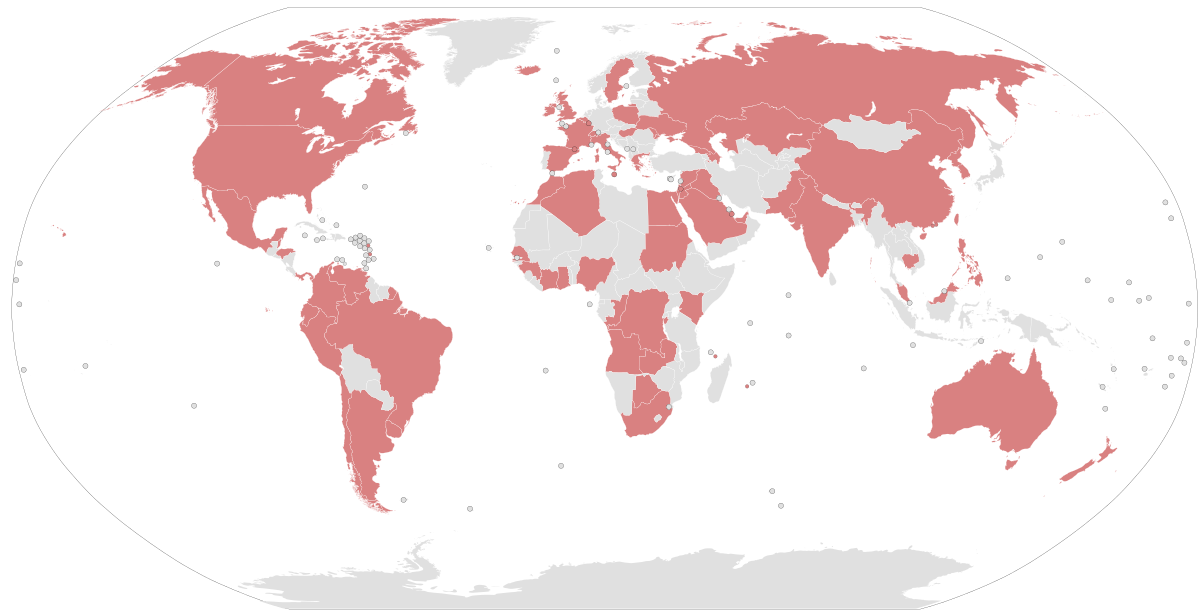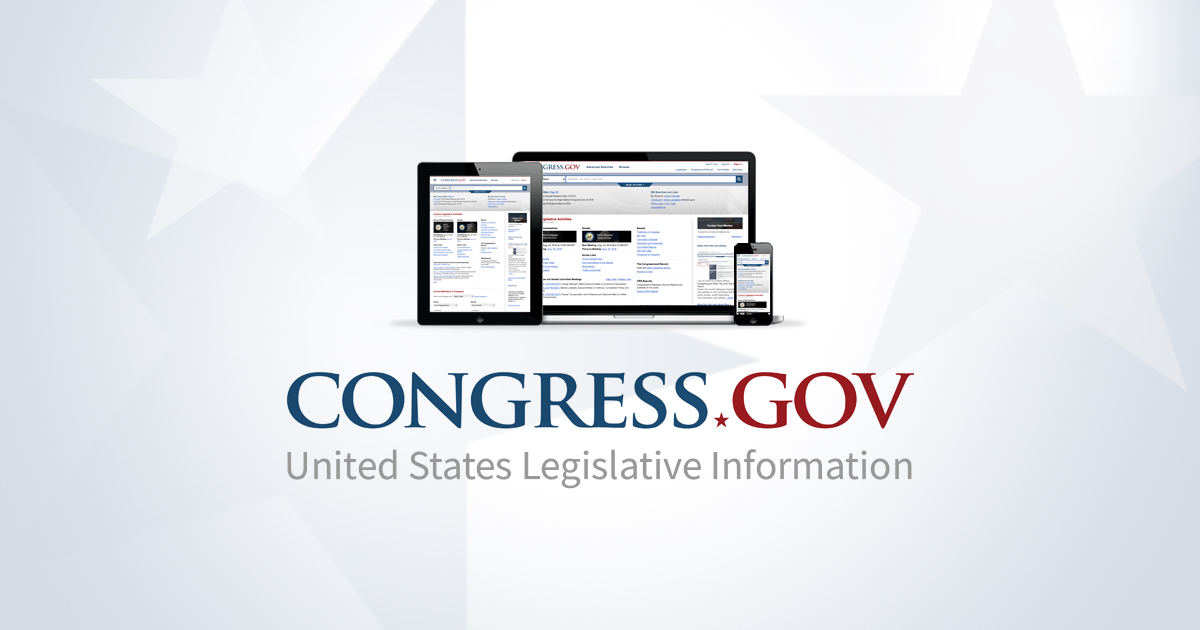https://www.commondreams.org/opinion/oligarchs-against-democracy
Why #Oligarchs Don’t Just Want to Be Rich, But Kill #Democracy Too
THOM HARTMANN
— In 1961, the birth control pill was legalized and by 1964 was in widespread use; this helped kick off the Women’s Liberation Movement, as women, now in control of their reproductive capacity, demanded equality in the workplace. Bra burning became a thing, at least in pop culture lore.
— By 1967, young people on college campuses were also in revolt; the object of their anger was an illegal war in Vietnam. Along with national protest, draft card burning was also a thing.
— The labor movement was feeling it’s oats: strikes spread across America throughout the 1960s from farm workers in California to steel workers in Pennsylvania. In the one year of 1970 alone, over 3 million workers walked out in 5,716 strikes.
— And throughout that decade African Americans were demanding an end to police violence and an expansion of Civil and Voting Rights. In response to several brutal and well-publicized instances of police violence against Black people in the late 1960s, riots broke out and several of our cities were on fire.
These four movements all hitting America at the same time got the attention of Republicans who had previously ignored or even ridiculed Kirk’s 1950s warnings about the dangers of the middle class and minorities embracing democracy.
Suddenly, he seemed like a prophet. And the GOP turned on a dime.
The Republican/Conservative “solution” to the “national crisis” these movements represented was put into place with the election of 1980: the project of the Reagan Revolution was to dial back democracy while taking the middle class down a peg, and thus end the protests and social instability.
Their goal was, at its core, to save America from itself.
The plan was to declare war on labor unions so wages could slide down or at least remain frozen for a few decades; end free college across the nation so students would study in fear rather than be willing to protest; and increase the penalties Nixon had already put on drugs so they could use those laws against hippy antiwar protesters and Black people demanding participation in democracy.
…
Why are America’s plutocrats funding efforts to weaken our democracy and replace it with plutocracy and oligarchy? Is it just about money? Or is there something much deeper that most Americans rarely even consider?
An extraordinary investigative report from documented.net tells how morbidly rich families, their companies, and their personal foundations are funding efforts to limit or restrict democracy across the United States.
In an article co-published with The Guardian, they noted:
“The advocacy arm of the Heritage Foundation, the powerful conservative think tank based in Washington, spent more than $5m on lobbying in 2021 as it worked to block federal voting rights legislation and advance an ambitious plan to spread its far-right agenda calling for aggressive voter suppression measures in battleground states.”
Their efforts have had substantial success, as you can read in Documented’s article.
This effort, of course, is not unique to the one think tank they called out. From Donald Trump all the way down to the lowest Republican county official, efforts to make it harder for what John Adams called “the rabble” to vote and otherwise participate in democracy are in full swing across America.
But why? Why are some wealthy people so opposed to expanding democracy in America?
Most Americans — and lots of editorial writers — are convinced it’s simply because rich folks want to influence legislation to benefit themselves and keep their regulations and taxes down. I proposed a motive like that in yesterday’s Daily Take.
And surely, for some, that’s the largest part of it. But that’s not the entire story.
I can’t claim (nor would I) to know the exact motives driving the various wealthy individuals funding efforts to reduce the Black, Hispanic, senior, and youth vote. But history does suggest that many are trying to “stabilize” America rather than just pillage her.
They are worried that America is suffering from too much democracy.
The modern-day backstory to this starts in the early 1950s when conservative thinker Russell Kirk proposed a startling hypothesis that would fundamentally change our nation and the world.
The American middle-class at that time was growing more rapidly than any middle-class had ever grown in the history of the world, both in terms of the number of people in the middle class, the income of those people, and the overall wealth that those people were accumulating.
The middle-class was growing in wealth and income back then, in fact, faster than were the top 1%.
Kirk and colleagues like William F. Buckley postulated that if the middle-class and minorities became too wealthy, they’d feel the safety and freedom to throw themselves actively into our political processes, as rich people had historically done.
That expansion of democracy, they believed, would produce an absolute collapse of our nation’s social order — producing chaos, riots, and possibly even the end of the republic.
The first chapter of Kirk’s 1951 book, The Conservative Mind, is devoted to Edmund Burke, the British conservative who Thomas Paine visited for two weeks in 1793 on his way to get arrested in the French revolution. Paine was so outraged by Burke’s arguments that he wrote an entire book rebutting them titled The Rights of Man. It’s still in print (as it is Burke).
Burke was defending, among other things, Britain’s restrictions on democracy, including limits on who could vote or run for office, and the British maximum wage.
That’s right, maximum wage.
Burke and his contemporaries in the late 1700s believed that if working-class people made too much money, they’d have enough spare time to use democratic processes to challenge the social order and collapse the British kingdom.
Too much democracy, Burke believed, was a dangerous thing: deadly to nations and a violation of evolution and nature itself.
Summarizing his debate with Paine about the French Revolution, Burke wrote:
“The occupation of a hair-dresser, or of a working tallow-chandler [candle maker], cannot be a matter of honour to any person—to say nothing of a number of other more servile employments. Such descriptions of men ought not to suffer oppression from the state; but the state suffers oppression, if such as they, either individually or collectively are permitted to rule [by voting]. In this you think you are combating prejudice, but you are at war with nature.”
That was why Parliament passed a law making it illegal for employers to pay people over a certain amount, so as to keep wage-earners right at the edge of poverty throughout their lives.
It was explicitly to avoid too much democracy and preserve the stability of the kingdom. (For the outcome of this policy, read pretty much any Dickens novel.)
Picking up on this, Kirk’s followers argued that if the American middle-class became wealthy enough to have time for political activism, there would be similarly dire consequences.
Young people would cease to respect their elders, they warned. Women would stop respecting (and depending on) their husbands. Minorities would begin making outrageous demands and set the country on fire.
When Kirk laid this out in 1951, only a few conservative intellectuals took him seriously.
Skeptics of multiracial egalitarian democracy like William F. Buckley and Barry Goldwater were electrified by his writings and line of thinking, but Republicans like then-President Dwight Eisenhower said of people like Kirk and his wealthy supporters:
“Their numbers are negligible and they are stupid.“
And then came the 1960s.
— In 1961, the birth control pill was legalized and by 1964 was in widespread use; this helped kick off the Women’s Liberation Movement, as women, now in control of their reproductive capacity, demanded equality in the workplace. Bra burning became a thing, at least in pop culture lore.
— By 1967, young people on college campuses were also in revolt; the object of their anger was an illegal war in Vietnam. Along with national protest, draft card burning was also a thing.
— The labor movement was feeling it’s oats: strikes spread across America throughout the 1960s from farm workers in California to steel workers in Pennsylvania. In the one year of 1970 alone, over 3 million workers walked out in 5,716 strikes.
— And throughout that decade African Americans were demanding an end to police violence and an expansion of Civil and Voting Rights. In response to several brutal and well-publicized instances of police violence against Black people in the late 1960s, riots broke out and several of our cities were on fire.
These four movements all hitting America at the same time got the attention of Republicans who had previously ignored or even ridiculed Kirk’s 1950s warnings about the dangers of the middle class and minorities embracing democracy.
Suddenly, he seemed like a prophet. And the GOP turned on a dime.
The Republican/Conservative “solution” to the “national crisis” these movements represented was put into place with the election of 1980: the project of the Reagan Revolution was to dial back democracy while taking the middle class down a peg, and thus end the protests and social instability.
Their goal was, at its core, to save America from itself.
The plan was to declare war on labor unions so wages could slide down or at least remain frozen for a few decades; end free college across the nation so students would study in fear rather than be willing to protest; and increase the penalties Nixon had already put on drugs so they could use those laws against hippy antiwar protesters and Black people demanding participation in democracy."...



